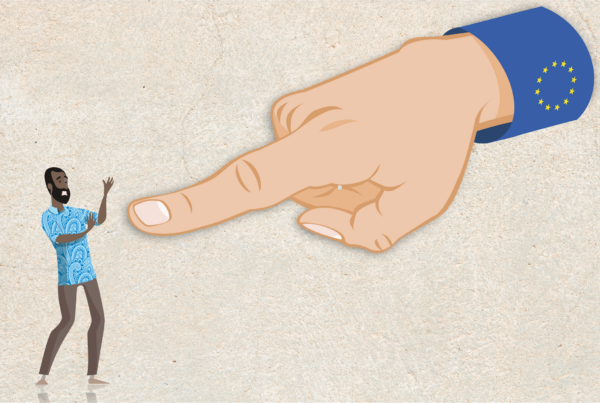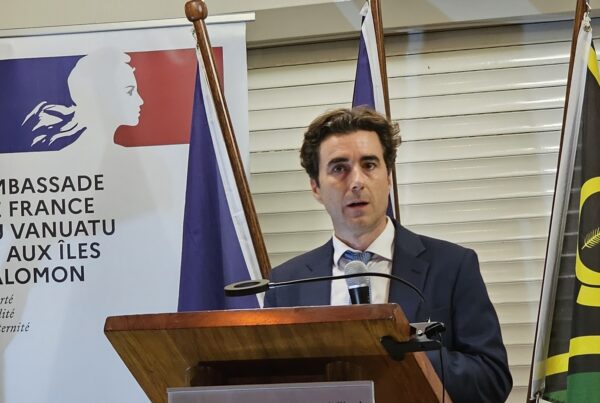By Marla Dukharan
For centuries, European nations felt entitled to dominate the world based on their notions of racial, military and economic superiority. In modern times, the EU is abusing another claim of superiority to wage economic warfare against many of its former colonies — that of financial cleanliness.
Specifically the bloc weaponises rules on tax avoidance and money laundering. While the stated goal is legitimate, the EU’s “blacklist” and roster of “high risk third countries” effectively discriminate against smaller and mostly nonwhite countries to make it harder for them to compete economically.
At base is the EU’s decision to defend its high-tax, high-public-spending form of government from competition from countries that opt for less of each. But it never makes this explicit. Instead the bloc uses tax and anti-money laundering requirements in discriminatory ways.
First, EU laws on money laundering exempt its members from their lists, despite evidence of non-adherence to their own standards and rules. For example, a 2019 Dutch study estimated that €13bn is laundered through the Netherlands each year. The EU’s blacklist of tax havens excludes its own low-tax jurisdictions, Hungary and Ireland, even though they have been cited by the European Parliament as having tax haven characteristics.
In October, the EU will add the Bahamas, Barbados, Botswana, Cambodia, Ghana, Jamaica, Mauritius, Mongolia, Myanmar, Nicaragua, Panama and Zimbabwe to its list of “high-risk third countries” for AML purposes. The other countries on this list are Afghanistan, Iraq, Pakistan, Syria, Trinidad & Tobago, Uganda, Vanuatu and Yemen.
No country on the current list is predominantly white, and almost all were colonised and arguably exploited by Europeans.
Meanwhile the EU has said little about predominantly-white jurisdictions that have also been used for money laundering, including Gibraltar, the UK, Russia and the US. Nor does it seem to care about powerful countries that have been accused of financing terrorism, such as Saudi Arabia.
The EU’s choices are doubly suspect because they do not align with those of global experts on anti-money-laundering efforts and tax avoidance. Four countries that the EU lists as high risk for money laundering — Afghanistan, Iraq, Vanuatu, and Trinidad and Tobago — have been deemed compliant with global AML rules by the Financial Action Task Force and are no longer subject to monitoring. Meanwhile two territories on the EU tax black list, the Cayman Islands and American Samoa, are considered “largely compliant” by the OECD, which has been coordinating the global tax crackdown. Instead the EU employs its own criteria in compiling its list.
Instead of complaining about small countries, the EU should look inward. EU corporate tax rates, ranging from 9 per cent in Hungary to 34.4 per cent in France, are higher than the global average and fund additional government spending. The EU’s average debt to gross domestic product ratio is about 30 percentage points higher than the average of all “blacklisted” countries. In addition, the bloc’s average government expenditure as a share of GDP is roughly 15 percentage points.
The EU could become more globally competitive by exercising fiscal restraint and cutting its tax rates. Instead it is trying to kill off alternatives by “blacklisting” non-EU countries that dare to exercise their sovereign right to set their own domestic corporate tax rates “too low”.
The EU has exceeded its authority with this discriminatory and anti-competitive stance. It has weaponised AML and tax rules and disproportionately imposed them on non-white former colonies. It is time to end this totally unacceptable economic warfare.





